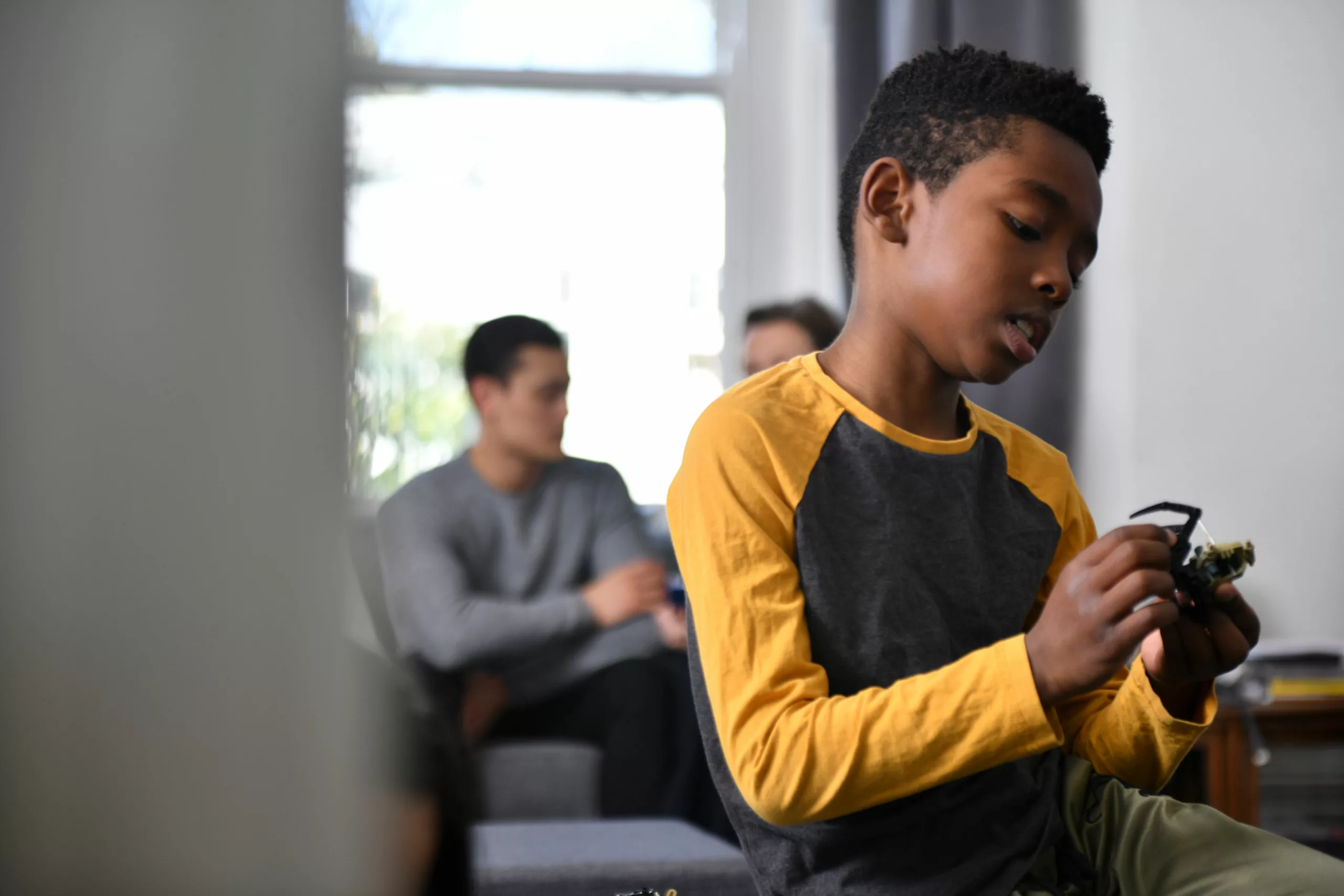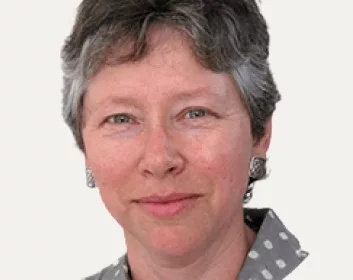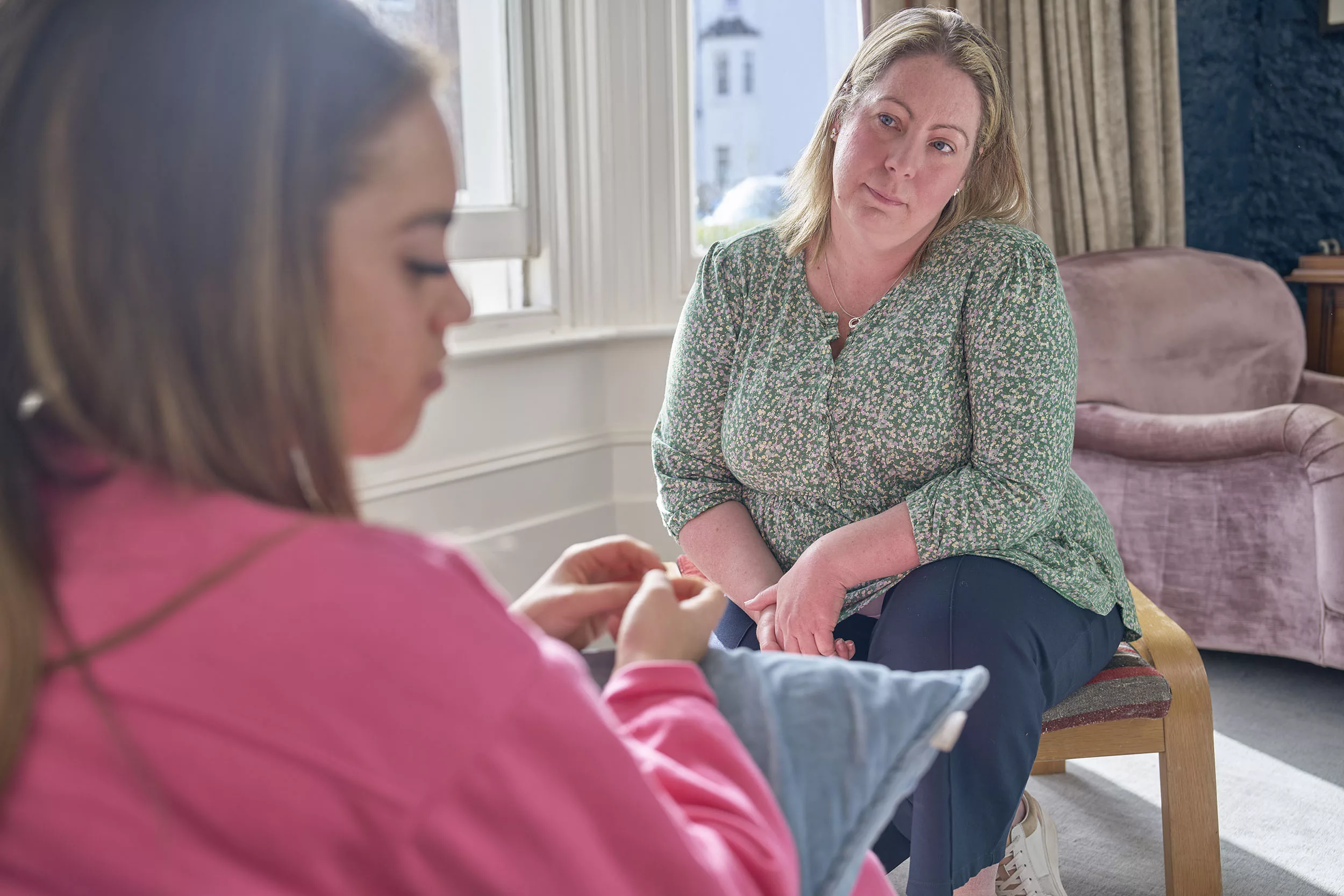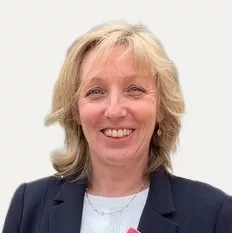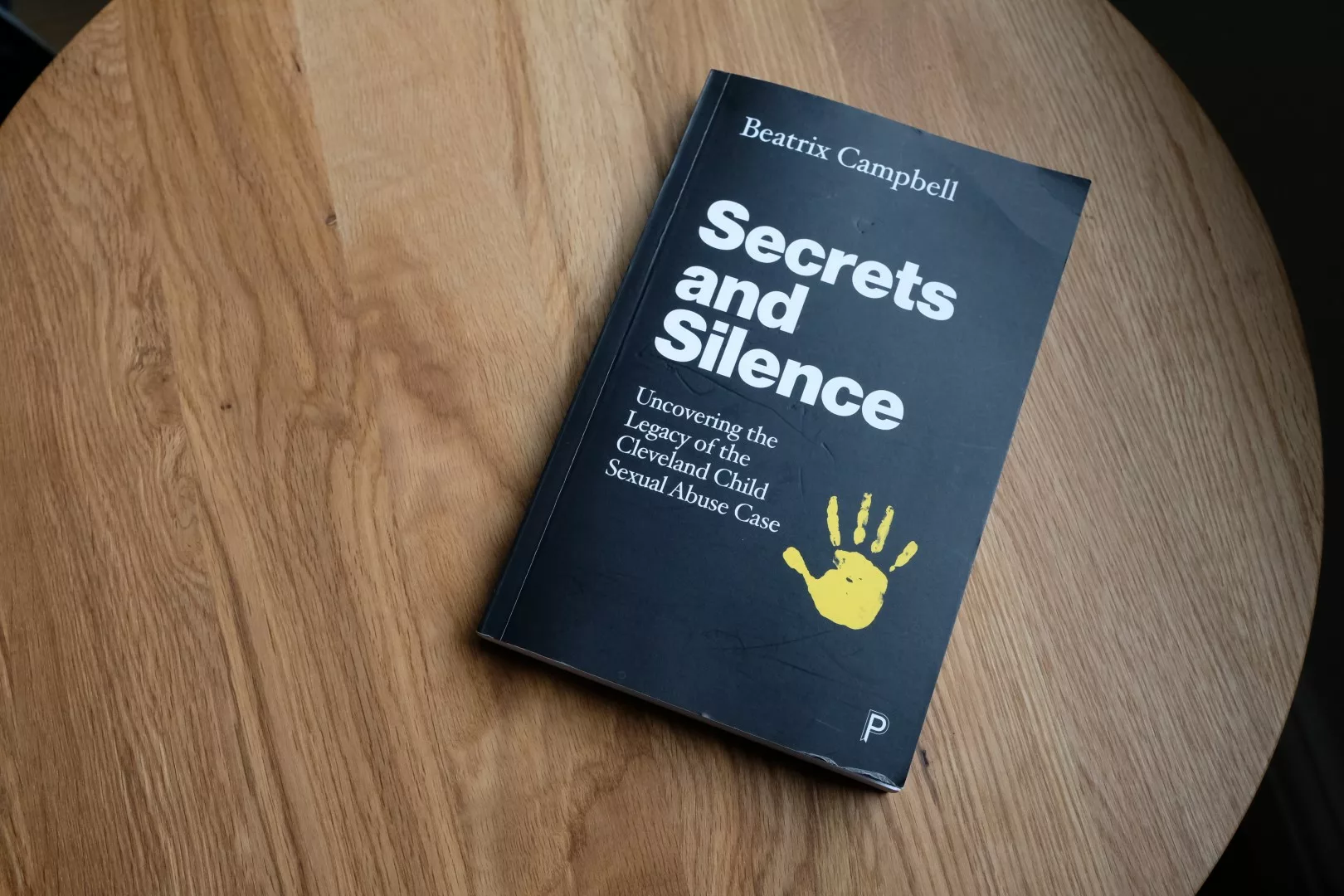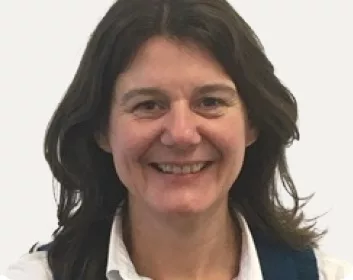This blog follows on from my three earlier blogs on other people’s important research that sheds light on child sexual abuse: research into children’s experiences of services responding to CSA; research into adult survivors’ experiences; and studies produced by the Independent Inquiry into Child Sexual Abuse (IICSA). In this blog, I am highlighting a new report published by IICSA, “People don’t talk about it”: Child sexual abuse in ethnic minority communities (Rodger, H., Hurcombe, R., Redmond, T. and George, R., 2020), based on research undertaken in collaboration with the Race Equality Foundation. Given the relative paucity of research in this area, highlighted by many authors and also in our paper on research gaps, it is important that this piece of work (along with other key studies on this theme, listed below) is used to inform policy and practice. For example, it might make good stimulus material for discussions in staff teams about how services can improve their response to those affected by CSA from Black, Asian and minority ethnic[1] backgrounds, while commissioners could use it to explore how to be proactive in strengthening the response to Black, Asian and minority ethnic children and young people within both statutory and voluntary sector organisations.
The first point of the IICSA report’s summary sets out the core challenge:
‘Cultural stereotypes and racism can lead to failures on the part of institutions and professionals to identify and respond appropriately to child sexual abuse. They can also make it more difficult for individuals in ethnic minority communities to disclose and speak up about child sexual abuse.’
The research is based on 11 focus groups across six regions of England and Wales, including three with victims and survivors of child sexual abuse. It is really worth reading beyond the summary, as the voices of victims and survivors come through especially strongly within the text, alongside the contextual information given by other community members.
Barriers to disclosure
Since previous research has shown that Black, Asian and minority ethnic children and young people (especially those from Asian backgrounds) are even less likely than white children to have their sexual abuse identified and responded to (Protecting children from harm Office of the Children’s Commissioner, 2015), the report’s section on barriers to disclosure is important. It discusses two sets of barriers: inability to identify or disclose child sexual abuse because it is not discussed or acknowledged, and fear of the response to and consequences of a disclosure. See Figure 1, reproduced from the IICSA report.
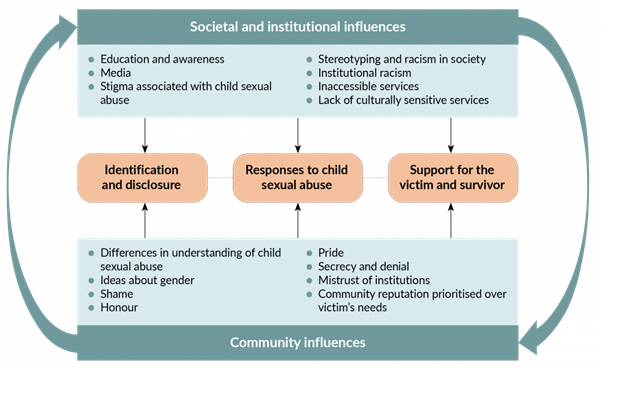
Figure 1: Influences on child sexual abuse disclosure, responses and support
Responses to disclosure
Responses to child sexual abuse are highly gendered. Girls who disclosed sexual abuse in some South Asian communities reported that they could expect to face a focus on a ‘specific negative impact on marriage prospects’ rather than protection from abuse. Black male survivors talked about a failure by professionals to look beyond their presenting behaviour – one felt that professionals saw him as “a difficult black boy” rather than someone “crying out for help”. Both males and females reported great difficulty in speaking about child sexual abuse to anyone.
The participants’ perceptions and experiences of statutory institutions’ response to child sexual abuse were largely but not entirely negative. They felt that there is racist and cultural stereotyping from some professionals, and that institutions lack cultural diversity.
“The social worker was white, okay, and she said to me, ‘This is not sexual abuse. This is your culture’. Even today, I’m so traumatised by this.” (Female focus group participant)
Some participants had experienced inaction caused, in their view, by professionals’ fear of being perceived as, or accused of, being racist: “I just wish social services just barged in and took me into care.”
Support after disclosure
Some participants talked about greatly valuing support from professionals who were from their own ethnic background:
“She understood not only as a black woman being abused, sexually abused. She ticked all my boxes. Everything I said she got me. And I realised how important, how much I needed that. Someone that I could look at, I recognised, but understood me.” (Female focus group participant)
However, others had negative experiences of professionals who shared their background, or feared that such professionals would judge them in line with community tradition.
Peer support from other victims and survivors was greatly valued.
This new IICSA report includes voices recounting very concerning failures on the part of services, with children left in abusive situations. A previous article looking at serious case reviews involving Black children (Bernard and Harris, 2018) highlighted an absence of professional curiosity about the everyday lives of the children, including ‘understanding the child’s views, feelings and vulnerability, as well as the cultural, religious and socio-economic contexts’. Often the child was not spoken to alone, or in some cases not at all, and failure to use professional interpreters featured in some cases too.
Recording ethnicity
Another dispiriting feature identified by Bernard and Harris, and also highlighted in guidance from The Children’s Society (2018) on supporting Black and minority ethnic children and young people experiencing child sexual exploitation is a failure to enquire about and properly record children’s ethnicity. As well as potentially impeding an appropriate response for children in individual cases, this blocks learning across systems. Without systematic recording, service records cannot assist in understanding the true picture – our work on improving agency records on child sexual abuse provides practical guidance.
Findings from other research
Key sources of further information in this area are:
- Bernard and Harris’s edited collection of articles, Safeguarding Black Children: Good practice in child protection (2016), especially Claudia Bernard’s article ‘Child sexual abuse in the lives of black children’.
- The Muslim Women’s Network’s 2013 report Unheard voices, on the sexual exploitation of Asian girls and young women.
- Work by Harrison and Gill, including this article making recommendations for improving sexual abuse reporting rates in British South Asian communities. This paper proposes strategies to increase reporting of child sexual abuse by Asian children and young people – a national training framework, mandatory healthy relationships programmes implemented in all schools, and enhanced involvement with communities.
- For those providing direct services, The Children’s Society’s 2018 guidance on Supporting Black and minority ethnic children and young people experiencing child sexual exploitation offers some practical tips, with the new IICSA report (as well as Unheard voices) providing vivid illustrations of why change is needed.
- A recent report from Imkaan, ‘Reclaiming Voice’ (March 2020), hears from survivors and practitioners about responses to all forms of sexual violence against minoritised women.
Our own study, currently under way with the Race Equality Foundation, is looking at current practice to support sexually abused Black, Asian and minority ethnic children and young people. Many of the emerging themes match those of the IICSA study, in terms both of services’ inadequate responses and of barriers to identification of child sexual abuse within communities. IICSA’s Engagement team is also doing ongoing work with service providers that support Black, Asian and minority ethnic communities. It aims to better understand the barriers faced by individuals from those communities when reporting or disclosing child sexual abuse (report due early 2021).
[1] The IICSA report uses the term ‘ethnic minority’, in light of growing recent negative commentary on the use, especially, of the acronym ‘BAME’ – Black, Asian and minority ethnic. It is not clear currently what terminology is best. A key point is to avoid lumping together those with very diverse experiences and imagining all non-white people to have similar cultures, ideas and experiences.

